What is a sleep diary? And why should you keep one?
Recording your sleep can help you understand your sleep
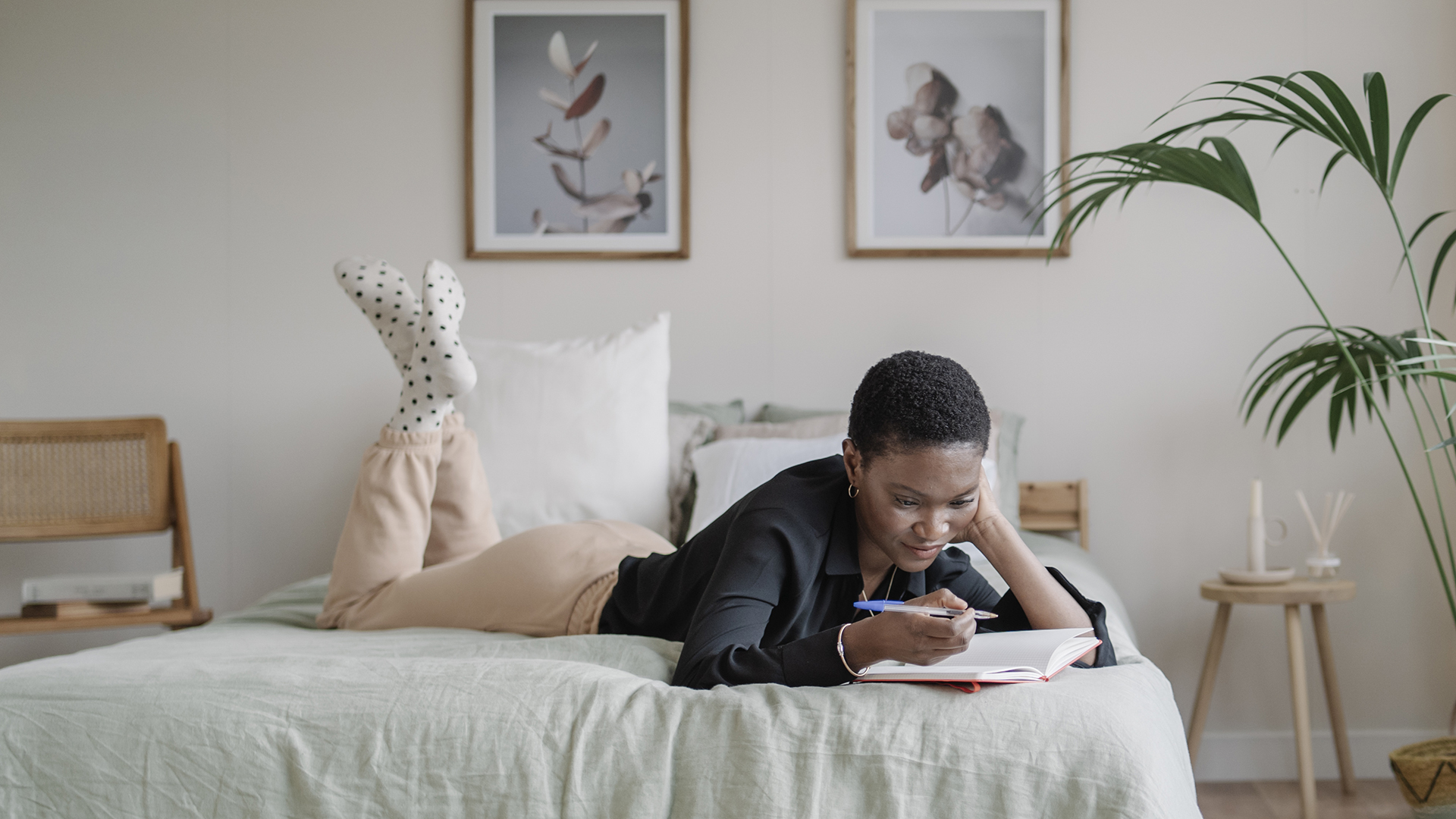
Sometimes it's easy to work out why you can't drift off – a late dinner, a looming test, a noisy neighbor... But other times, it's harder to pinpoint why you're slipping into sleep debt. To avoid letting those bad night's stack up, it's important to identify the cause of those restless nights. If your environment is the problem, choosing the best mattress and best pillow can help. When it comes to behavioral issues, a sleep diary might be the solution.
“Sleep is vital pillar of our health, alongside diet and exercise," explains Lisa Artis, deputy CEO at the Sleep Charity and a sleep diary enthusiast. "But with 40% of the nation struggling with their sleep at any point, it’s important that we educate ourselves on what could be causing those issues, identify patterns and what we can do to improve our sleep. A sleep diary is a great way to achieve this."
With a sleep diary, you can record the ins and outs of your kip, including how many hours you got, when you went to bed, and how you feel in the morning. By providing a clear overview, you (or your doctor) can use the sleep diary to assess your rest and spot problem areas. Ready to get started? Here's our full guide to creating your own sleep diary.
What is the point of a sleep diary?
A sleep diary is used to help you understand your sleep – or lack of it. A sleep diary brings together all the data surrounding your bedtime, including how many hours you slept, how well you slept, and what you did during the day. Collecting this information over a two-week period allows you to take a step back and objectively assess your routine.
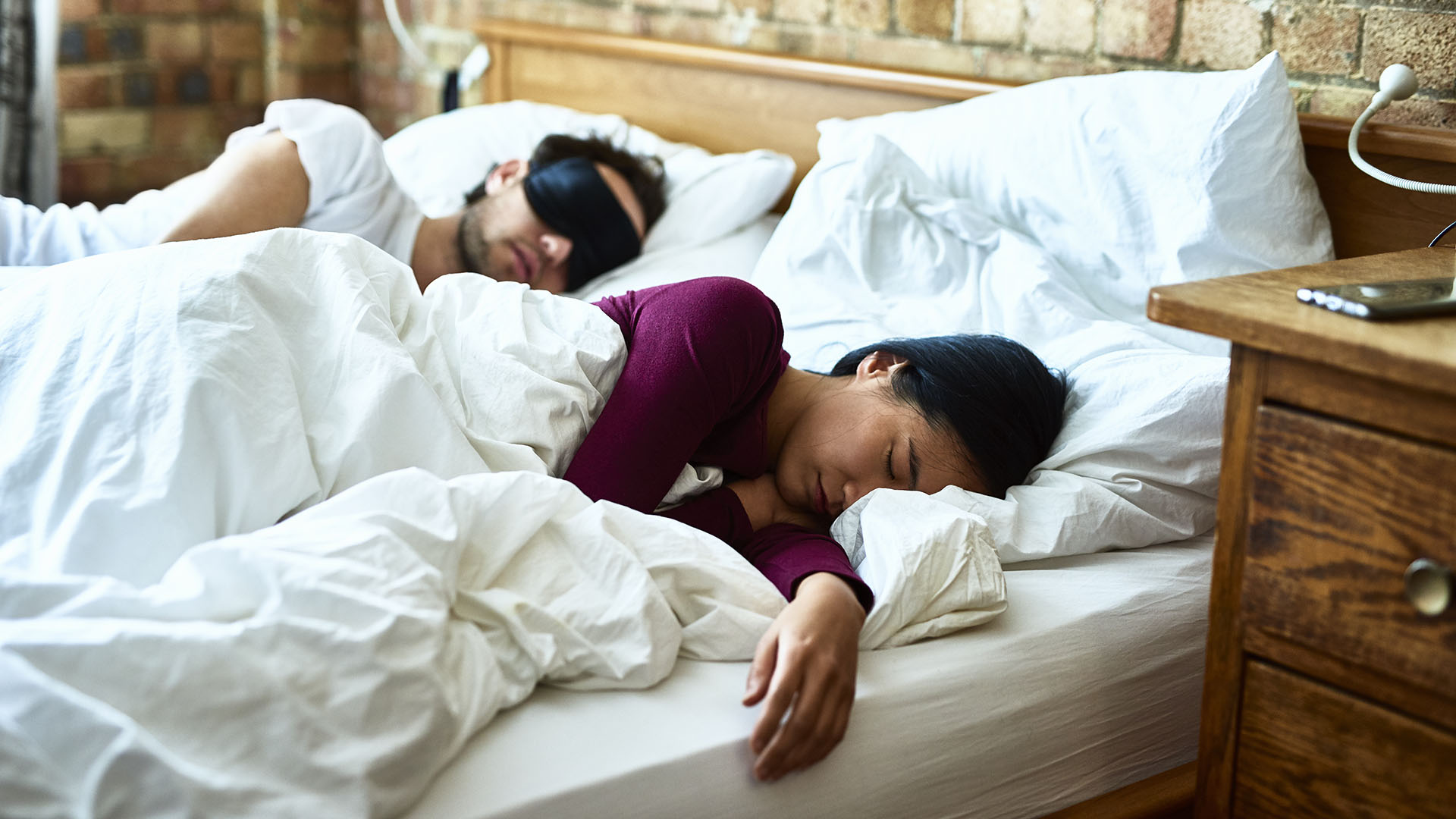
"By keeping a sleep diary, you can help identify what’s keeping you awake," explains Lisa. "The diary is a useful tool that will help to pinpoint if you’re consistently waking at a similar time, what you’ve done that day, what you’ve eaten etc. to see if there is any pattern." Although a sleep diary can't fix your sleep, it can help you find the source of the problem so you can work towards a solution.
A sleep diary can also give you a different perspective towards your sleep – including identifying misconceptions. For example, you might think your tiredness is due to a lack of sleep, but your sleep diary shows you're getting a good eight hours every night. However, it also reveals your bedtime changes drastically between the weekend and the work week. Thanks to your sleep diary, you can recognize it's not a lack of sleep, but social jet lag from differing sleep patterns that's causing your lethargy.
How long should you keep a sleep diary?
"Start recording your sleep diary as soon as you begin to recognize a problem and complete it over a two-week period," says Lisa. Make sure to keep it consistently during this time period, so you can gather a full picture of your sleep – you don't want gaps that might skew the data.
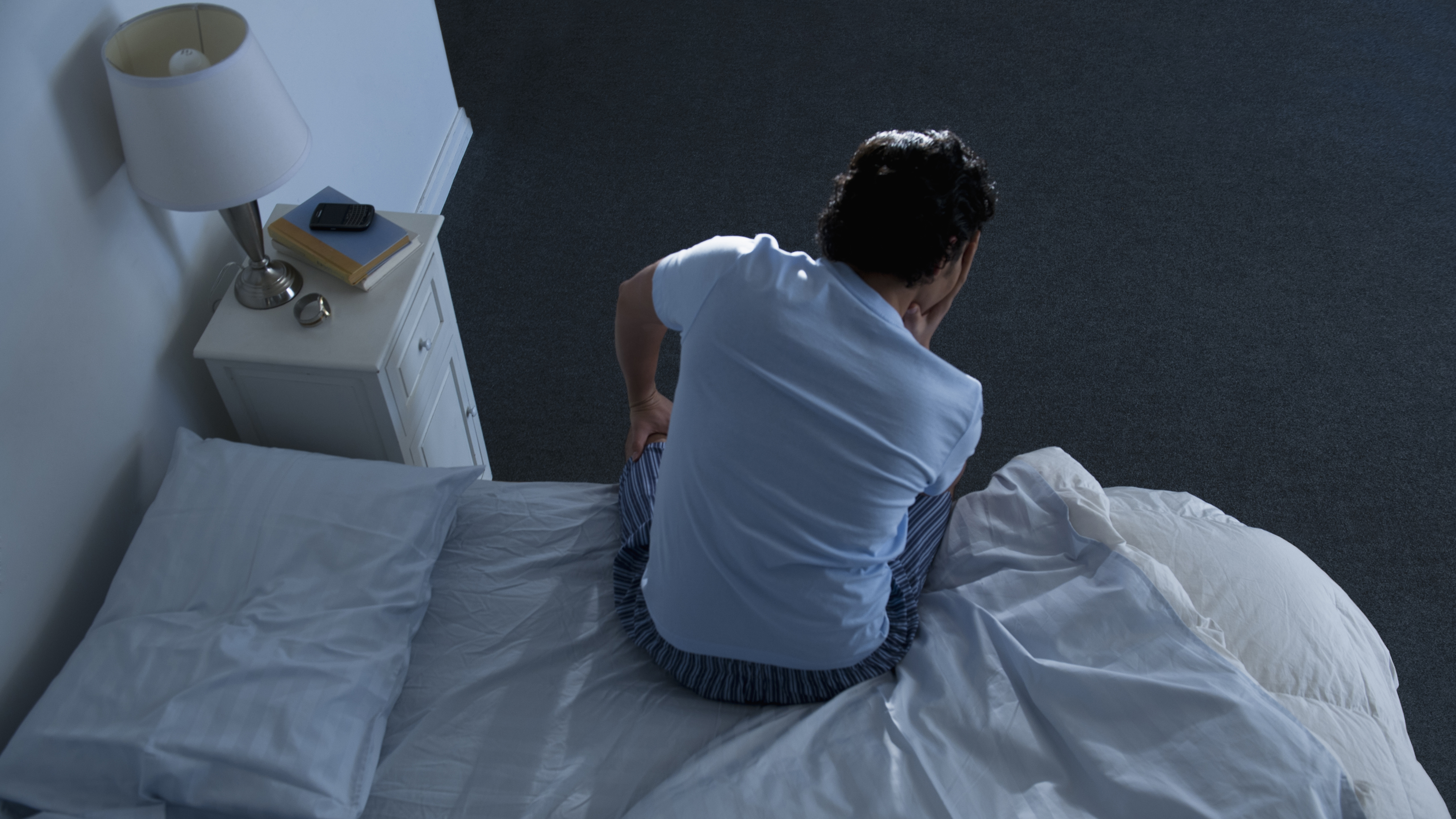
However, a sleep diary doesn’t have to be a short-term commitment. If you're working towards health and wellbeing goals that might result in an adjustment to your routine, a sleep diary can help you understand what effect these changes are having on your rest. You might even find your sleep diary becomes an enjoyable part of your sleep routine, and a good way to wind-down at night and get going in the morning.
Get daily insight, inspiration and deals in your inbox
Sign up for breaking news, reviews, opinion, top tech deals, and more.
How do you do a sleep diary?
To complete a sleep diary, you need to record the duration of your sleep, the quality of your sleep, and what you did during the day, every night and morning for at least two weeks. At the end of this two-week period, review your diary to see if there are patterns that reveal the cause of your bad sleep.
While much of a sleep diary will come from your own perspective, you can draw the data from a wearable sleep trackers. The best sleep trackers monitor you throughout the night, to put together a picture of how long and how deeply you’re sleeping.

There's room to personalize your sleep diary, so consider what kind of information you want to explore. And don't forget that it isn't just about when you go to bed and when you wake up – a sleep diary is about patterns and routines, so you want to note down what you're doing during the day. Below is a basic outline to get you started with your sleep diary.
Writing a sleep diary: in bed
The bulk of your sleep diary should record the basic data of your sleep, including how many hours you got and when you're getting them. Be honest with your data. If you want to understand your sleep issues, you need accurate information. Make sure to record:
When you went to bed
Importantly, this needs to be the time from when the lights went out and your head hit the pillow, not the time that you planned to go to bed but then sat up for an extra 30 minutes reading. This can help you find when to go to bed based on your internal clock.
How long it took you to fall asleep
In minutes, how long did it take you to fall asleep? You can use a sleep tracker to get a more detailed answer to this question, or make a rough estimate at how long it felt. But avoid watching the clock in your bedroom, as this might keep you awake longer.
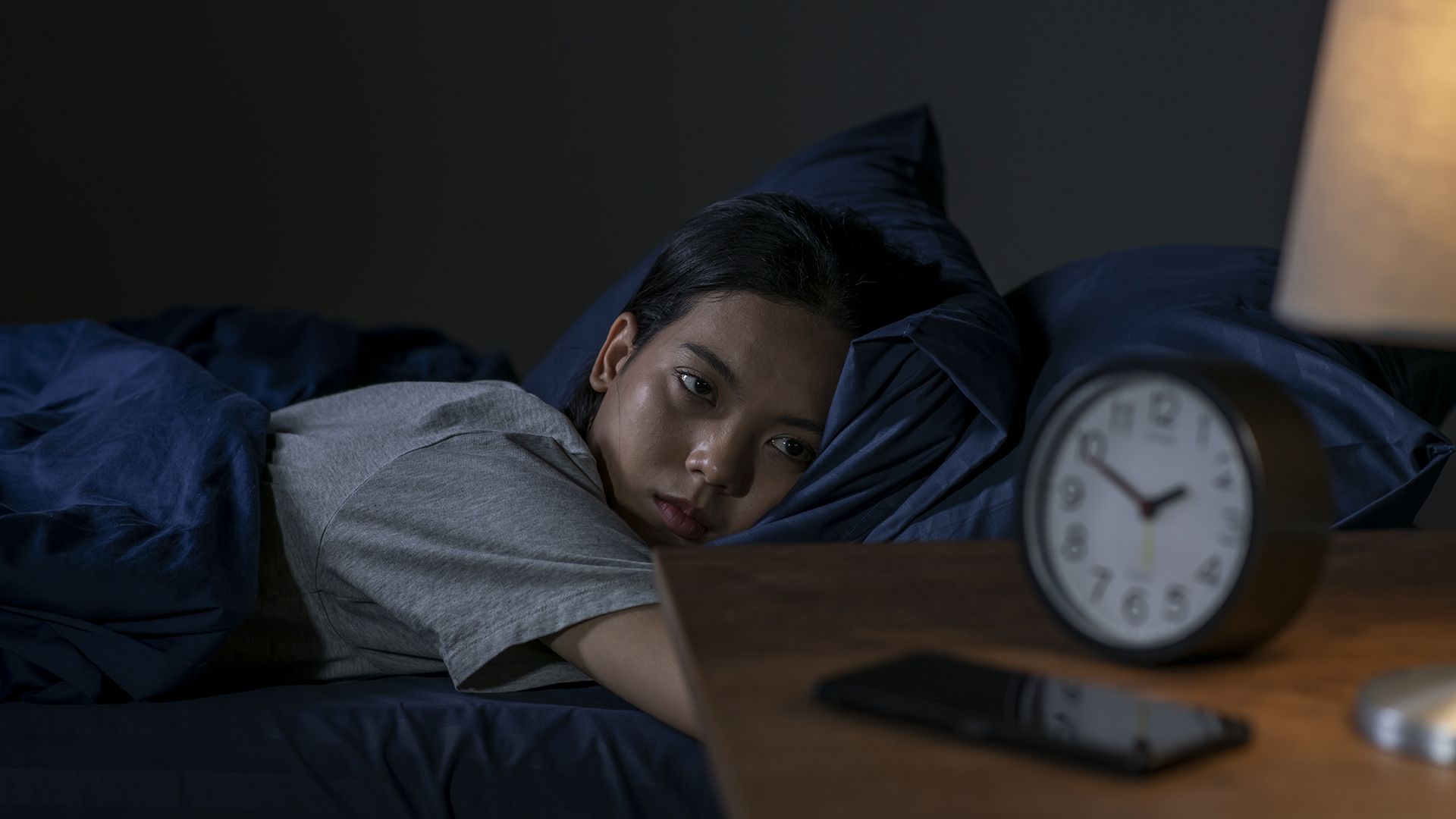
How easily you fell asleep
If you’re not sure of the exact timing, this metric is a good way to understand your sleep onset latency (how long it takes you to fall asleep). Were you snoring in seconds? Did you toss and turn before settling down? Or did you lie awake for a while before finally drifting off?
What time you woke up
Although you should try to avoid pressing snooze multiple times, if you did enjoy a few added minutes rest in the morning, record when your alarm went off for the last time – not the alarm you set with the best intentions the night before and ignored (we've all been there).
Did you wake up in the night?
Record how many times you woke up in the night and how long you were awake for. A sleep tracker can help with the details, but it isn’t essential. If you aren’t sure exactly how long you were awake for, record how hard it was to fall back to sleep instead.
What woke you up in the night
Physical, mental, and environmental reasons can all be responsible for nighttime wakings. Were you in pain or uncomfortable? Were you feeling stressed or anxious? Was there too much light or noise? If there was a clear cause waking you up, take note of it.

How many hours you slept for
This is the total number of hours you slept, from when you went to bed right through to getting up in the morning.
Rate your sleep 0-5
With zero indicating terrible and five indicating excellent, note just how well you slept. This should be based on how refreshed you feel in the morning and how comfortable you felt during the night – don't just base it on the hours you've recorded.
Writing a sleep diary: during the day
Your sleep diary shouldn't be confined to what happened during the night. "Sometimes your sleep troubles are a result of bad sleep habits," says Lisa. "For example, drinking too much caffeine before bedtime, not exercising or poor sleep hygiene." Here are the important details to note about your day:
Naps
Naps can be good for your sleep, but if you do doze during the day, make sure to write it in your sleep diary. It will affect the overall amount of sleep you're getting.
Caffeine, alcohol, and nicotine consumption
Make sure to note both the quantity and timing of any caffeine, alcohol, or nicotine you consumed. For example: two cups of coffee at 11am, one at 3pm. Timing can be as important as amount when assessing sleep.
Medication
Note down any medications you might have taken during the day, as well as when you took them. Try to be thorough; if you have an aspirin first thing in the morning, you still want to note it in your diary, to get a full picture of your rest.
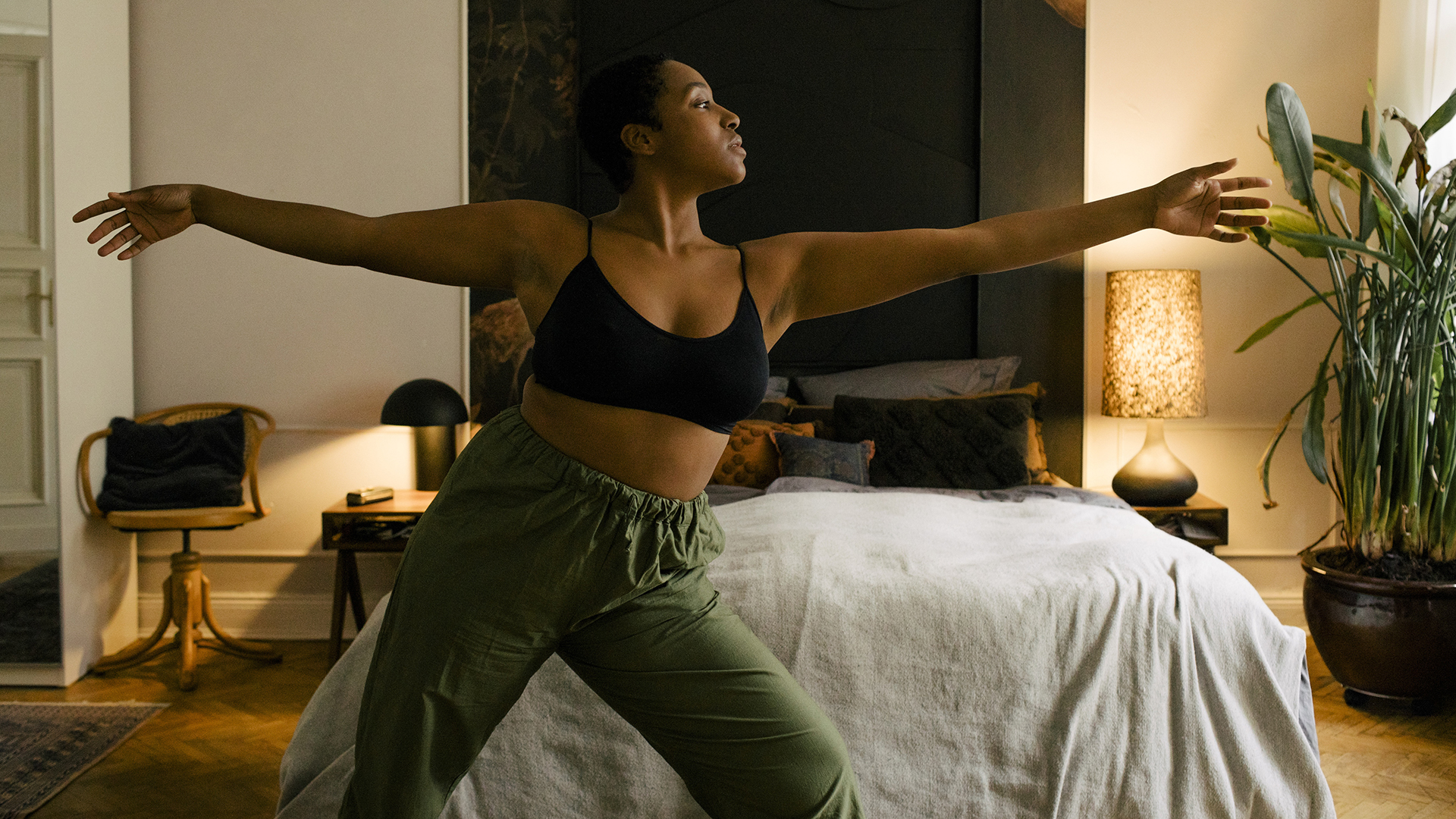
How active you were during the day
The best fitness trackers can help you get into the details, but if you don't have one, just give a general overview of how much activity you got up to. And don't forget to note the timings: did you exercise before bed, or at another point during the day?
Your bedtime routine
Make a general note of your bedtime routine, including what you did and when you did it. How well did you stick to your planned wind-down?
How you felt during the day?
On a scale of 0-5, with zero being very lethargic and five being energized, how awake did you feel during the day? You might also want to add a journaling aspect to your sleep diary. Noting your emotional wellbeing before going to bed can help you understand how you sleep when you're stressed.
Writing a sleep diary: after two weeks
When you've started to build up data in your sleep diary, it's time to look at it with a critical eye. There are a few important questions you need to ask yourself when assessing the data:
- Do I dedicate enough of my time for sleep?
- Am I consistent in when I go to bed?
- Am I consistent in when I wake up?
- Do I struggle to fall asleep?
- Do I wake up often during the night?
- Do I typically feel well-rested in the morning? Or drowsy?
- How might my daytime activities be impacting my sleep?
While a sleep diary can be a personal thing, a way to assess your own rest, it also has wider applications. If a lack of sleep is having a serious effect on your wellbeing, you might want to speak to a doctor – and your diary can provide much needed data.
"If you need to see a GP or healthcare professional about your sleep issues, you will have evidence of your sleep-wake pattern which can help with a diagnosis and treatment,” explains Lisa. (The Sleep Charity has it's own sleep diary template you can use as a starting point.)

Lisa has worked in the realm of sleep for more than 12 years and previously headed up The Sleep Council, a not-for-profit advisory organisation, that merged with The Sleep Charity in July 2020. An experienced sleep advisor, Lisa is responsible for the strategic and operational aspects of the charity and with a background in PR and marketing, she is pivotal to the charity’s campaigning around the importance of sleep to health and wellbeing.

Ruth is TechRadar’s Sleep Writer. She’s here to help you find the perfect sleep setup for your budget and personal preferences. As well as keeping a keen eye on everything that’s going on in the world of mattresses, she regularly speaks to experts to help you learn how to improve your sleep habits, whether that’s by debunking sleep myths or explaining the science behind it all. Prior to joining the TechRadar team, she wrote features and product guides for new parents hoping to get a decent night's sleep, as well as writing for a variety of online spaces.